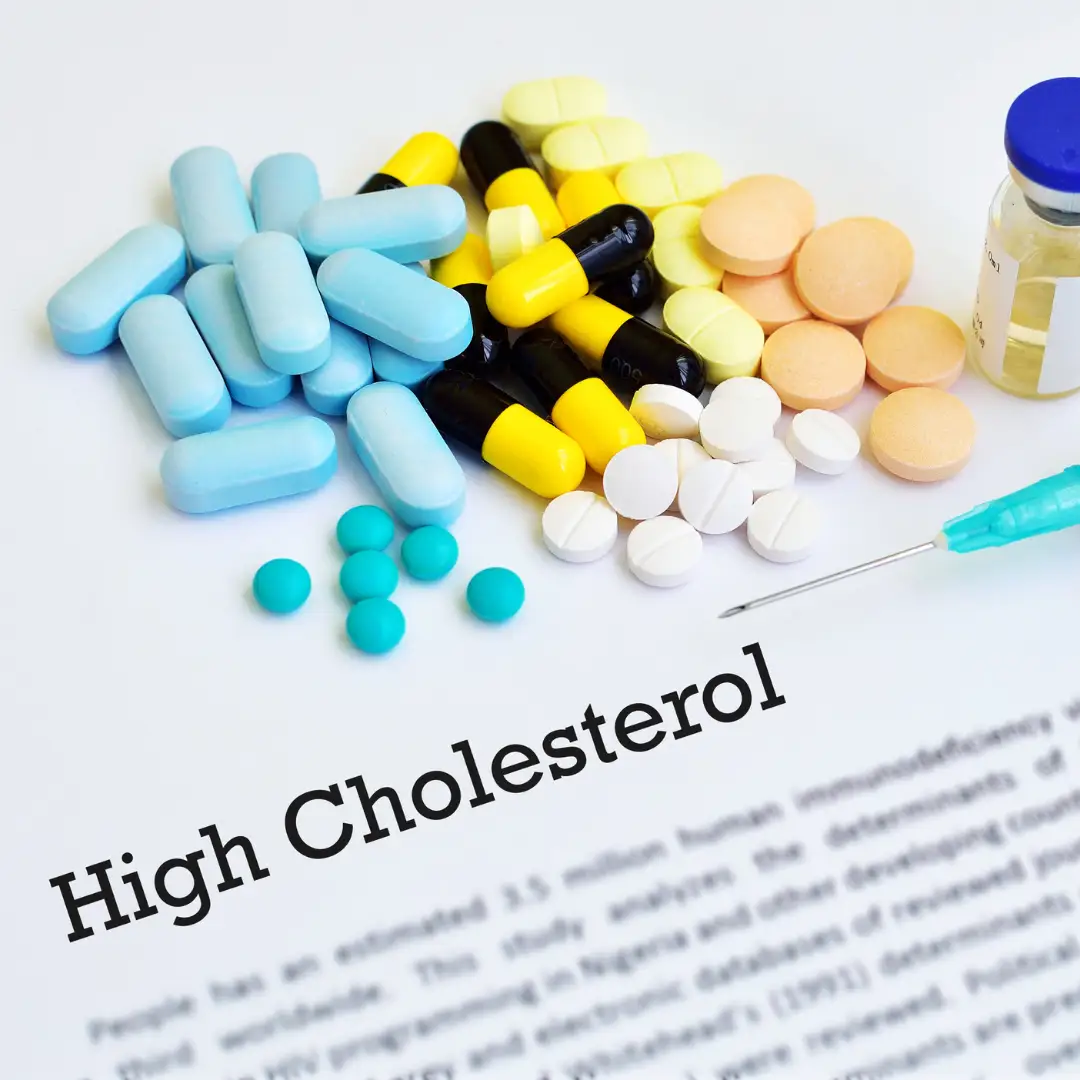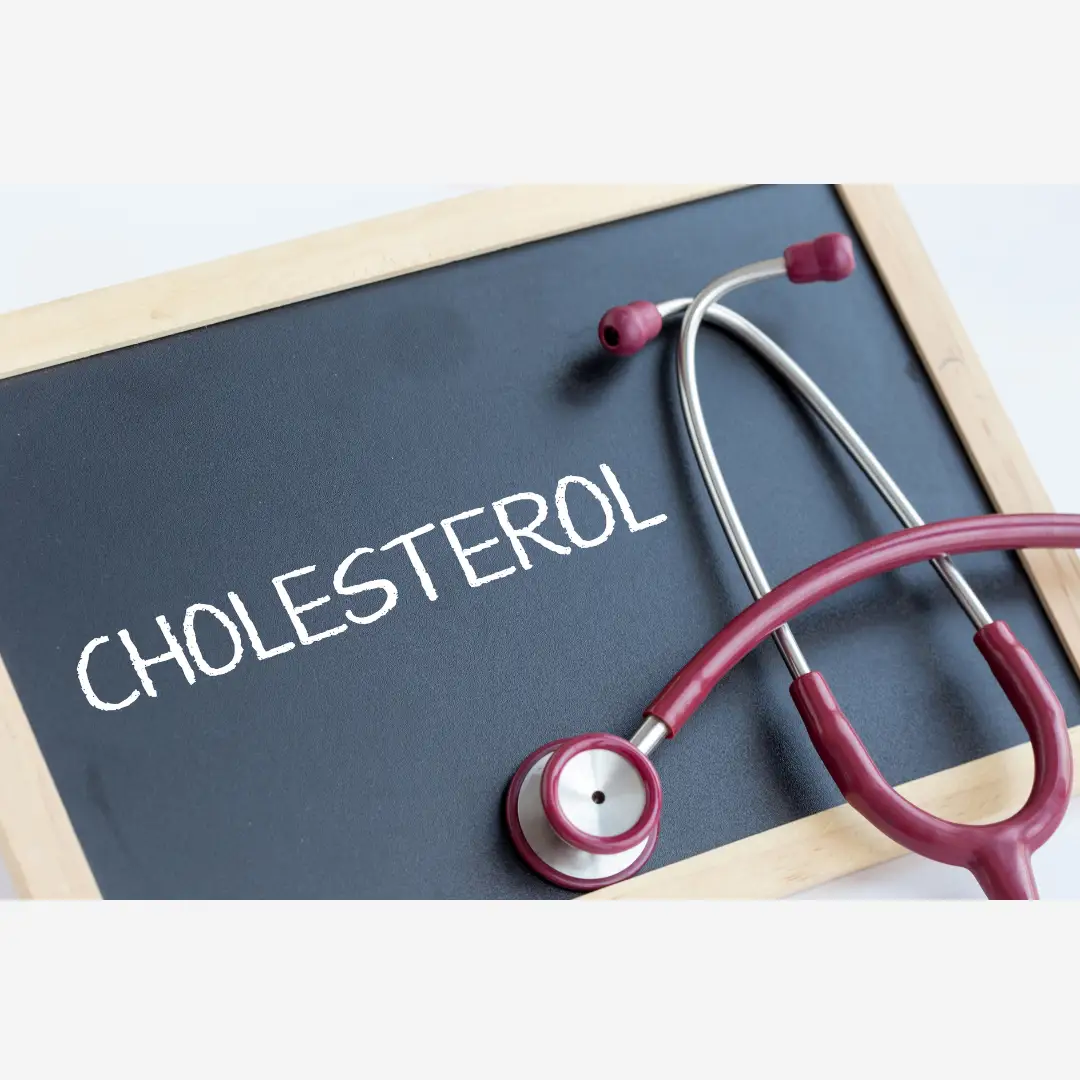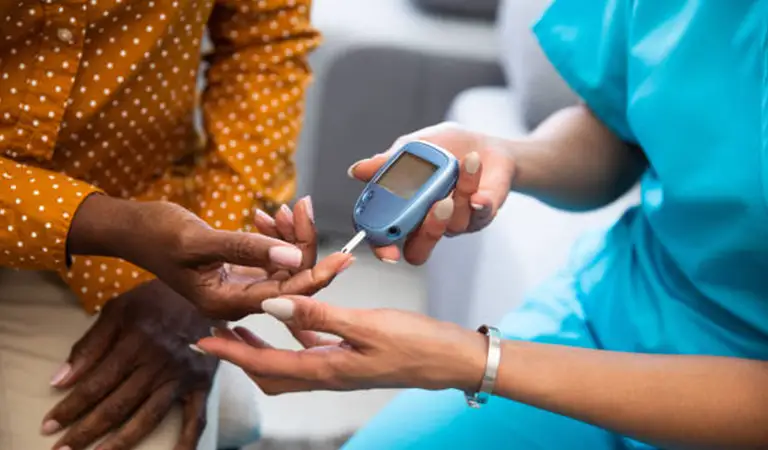FAQ's
What is cholesterol?
Cholesterol is a waxy, fat-like substance that flows through your blood. It plays a critical role in helping your body create healthy cells. If your cholesterol levels become too high, it increases your risk of potentially life-threatening issues. That is because cholesterol can build-up in your bloodstream, causing fatty deposits. The deposits make it difficult for your blood to flow normally.
High cholesterol doesn’t present any obvious symptoms. The only way to determine if you’re at risk is to undergo blood tests like a lipid panel.
What are the types of cholesterol?
There are several types of cholesterol (lipoproteins), but the two main types are:
Low-density lipoprotein (LDL)
LDL or “bad” cholesterol carries cholesterol particles throughout your body. Over time, LDL cholesterol builds-up on the walls of your arteries, causing them to become hard and narrow. Too much LDL is what causes high cholesterol.
High-density lipoprotein (HDL)
HDL or “good” cholesterol collects excess cholesterol particles and carries them back to your liver. This keeps your arteries clear of debris and functioning at full capacity.
When should I visit a doctor about cholesterol?
Patients should undergo cholesterol screening every five years. If you have diabetes or high blood pressure or have a family history of cardiovascular disease, more frequent testing may be necessary.
Who is at risk of high cholesterol?
High cholesterol affects all types of people, but certain variables can increase your risk, including:
- Being overweight
- Smoking
- Having diabetes
- Eating an unhealthy diet
- Living a primarily sedentary lifestyle
In addition, your risk of high cholesterol increases with age. As you get older, your liver becomes less capable of removing LDL cholesterol from your bloodstream.
How is high cholesterol diagnosed?
High cholesterol is diagnosed by ordering a lipid panel. A lipid panel is a blood test that measures your levels of total, HDL, and LDL cholesterol as well as triglycerides, a type of fat in your blood.
To receive the most accurate results, avoid eating or drinking anything but water for at least 8 hours before your lipid panel.
How is high cholesterol treated?
Treatment for high cholesterol depends on the severity of your levels and health history. Typically, healthy lifestyle changes like exercising regularly, maintaining a healthy weight, and quitting smoking are the first line of defense.
If your cholesterol levels remain high after making these changes, your primary care physician may recommend prescription medications like statins, bile-acid-binding resins, or cholesterol absorption inhibitors. If you have high triglycerides, you might benefit from fibrates or niacin.








